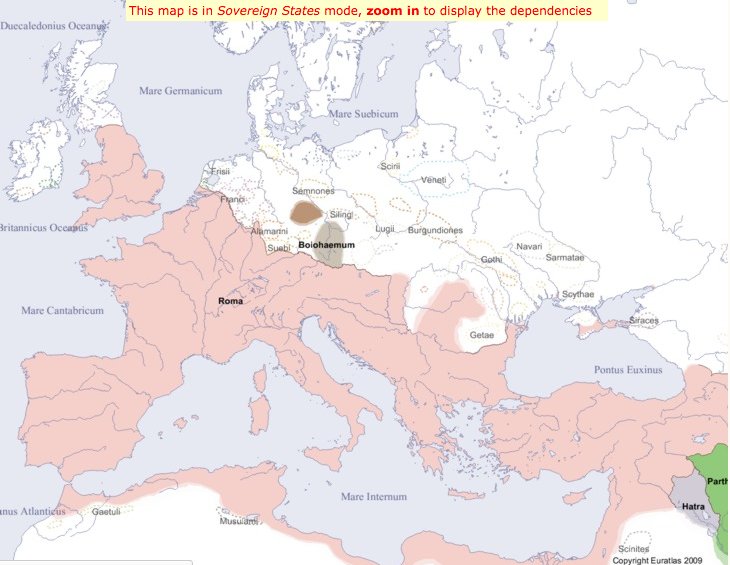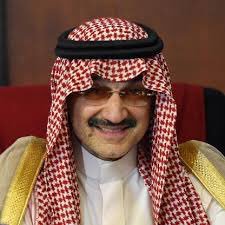This re-triggered that age-old question - What is a Nation?
How do we organize territories politically?
Is an ethnic, lingual and a religious bond necessary to “hold” a nation together?
Or are these bonds dispensable at the altar of a “liberal” constitution?
There is also a tendency to look up to "cosmopolitanism" as an ideal and a “liberal constitution” as the means to implement that ideal
Far from being “pre-modern” the “ethno-cultural” nation state is actually a phenomenon of fairly recent provenance. Something that became the norm pretty late in human history- over the past 200/300 years
Here’s Europe in 200AD - the zenith of the great Roman Empire

Ranging from the Berbers of North Africa to the Celtic tribes of Britannia

While Europe is much more fragmented than ever before, the basis for the fragmentation is more "dynastic" than "ethno-cultural"

Neither the Empire model of 200AD - where an overarching elite culture that radiated from Rome commanded a union.
Nor the modern "nation state" model where ethnicity in conjunction with language and sometimes religion defines a nation
Europe (1800 AD - euratlas.net)

Germany and German speaking Europe remains deeply fragmented as we can see
It is only by 1900 that we see that the "nation state" of Germany has clearly taken shape
But much of Eastern Europe still is stuck in the old "cosmopolitan" Empire model (the Ottomon Empire)

While it was a reality in the more democratic and supposedly "liberal" Western Europe.
At last we get to see a map where the national boundaries genuinely reflect ethno-cultural divisions!
So is the "ethno-cultural" nation state regressive or "modern"? Seems like a "modern" phenomenon to me!

It is the movement towards liberal democracy and mass franchise that has caused the shift towards ethnic nationalism.
We have ethnic nationalism because the people want it.
The Indian state is not quite based on ethnicity or language. Or even religion. If those were the bases, we would have many nation states instead of one.
It is precisely this cultural bond that Savarkar termed "Hindutva".






